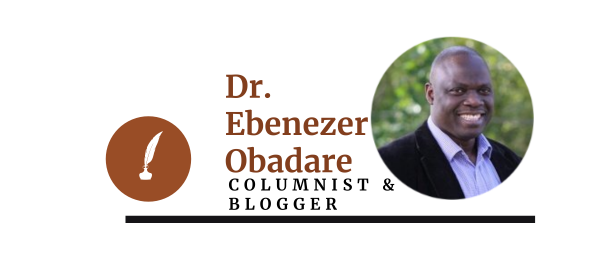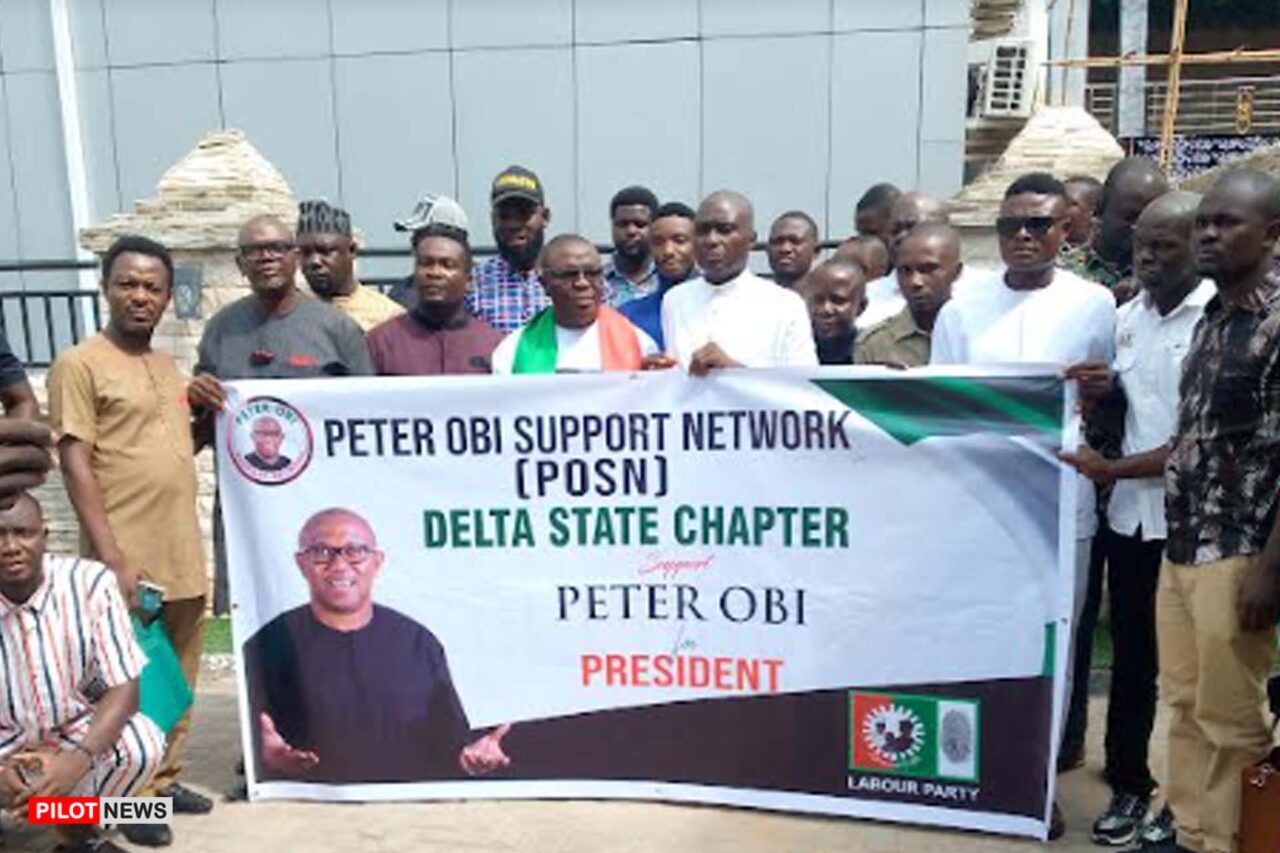Whether he wins the presidency or not, Peter Obi has already changed the course of Nigerian politics for good.

This time last year, Peter Obi was just one of several politicians gunning for the presidential ticket of the opposition People’s Democratic Party (PDP). Personally, he was only hoping to go one step further than he had four years ago when he secured the same party’s nomination as running mate to Atiku Abubakar. All that changed in the last week of May when, citing developments within the party which made it “impossible to continue participating and making constructive contributions,” Obi unexpectedly quit the PDP.
Considering the information that has since come to light, Obi had, in all probability, concluded that he stood next to no chance of claiming the PDP’s ticket after getting wind of the last-minute deal between Abubakar and Sokoto State Governor Aminu Tambuwal which decisively skewed the field in favor of the former. In any event, his defection from the PDP, followed by his acceptance of the presidential ticket of the Labour Party (LP), unleashed a chain of events which were to drastically change the character and tenor of the entire 2023 presidential campaign.
While the news of Obi’s defection to the Labour Party was initially greeted with a shrug, that indifference would slowly morph into sympathy especially among a cross section of the public infuriated not only at the rough justice he received within the PDP but also at the realization that Abubakar had in one fell swoop destroyed an elite compact on power sharing, and with it the possibility of the PDP nominating a southern candidate for the 2023 election.
If providing a receptacle for historical disquiet will go down as Obi’s signal achievement, it is by no means the only one. In the Igbo heartland, he has made what seemed rather far-fetched this time last year—an Igbo presidency—a distinct possibility. For the first time since the conclusion of the Nigerian Civil War (1967- 1970) a cross section of the Igbo have real belief that an Igbo politician has a decent chance of being elected to lead the country, an eventuality that will put an end to decades of de facto ethnopolitical rustication. Infinitely more artful than his supporters admit, or his adversaries are willing to concede, Obi has embraced this support without succumbing to the impulse to ethnicize his campaign.
Outside the southeastern region, Obi’s candidacy has instigated important political realignments. In the southwest for instance, the Yoruba sociocultural group, Afenifere, is torn, with one group breaking for Obi on the principle that it is the Igbo’s turn to produce the country’s president. Insofar as Obi’s ethnic identity is salient to his campaign, the candidate is not the one making the argument, and significantly, former president Olusegun Obasanjo’s endorsement of Obi omitted any reference to ethnicity, only insisting that Obi is the one with “an edge” over the other contestants.
Where does all this leave Obi’s presidential aspiration? Will his undenied status as the Field Marshall of the army of Nigerian malcontents be enough to earn him the job he so desperately craves, and one which, given his pedigree, he has an even chance of being successful at? Will it matter that Obi is neither Tinubu nor Abubakar, even though, as Obasanjo mentioned in the aforementioned endorsement, “none of the contestants is a saint”?
With good reason, Obi’s supporters have poured scorn on the observation that their candidate does not have a ground game, having inherited a Labour Party that by and large has been a spectral presence in Nigerian politics for majority of the Fourth Republic. Yet, few of such supporters can deny that in order to win elections in Nigeria, local presence is crucial. Obi’s popularity notwithstanding, the Labour Party remains an unknown quantity in most parts of the country, and the charisma of their acquired candidate has so far failed to trickle down into tangible gains for the party at the state and local government levels.
The zeal of the Obi-dient to show up and canvass support for their candidate will leave a mark on the election, though how much of a mark is a different matter. Although the sentiment about Nigerian politics that it aggregates is widely shared, the Obi-dient, for reasons of structural handicaps that it cannot be held responsible for, remains regionally, locationally, and socially circumscribed. The question of whether online ardor translates into offline engagement (it does, to some extent) is one thing; the greater challenge is that social media use in Nigeria, as a component of what African digital humanities scholar James Yékú describes as “cultural netizenship,” seems skewed in favor of the south. While, given disparities in literacy rates between the northern and southern regions, this is hardly surprising, it does raise questions about the compass and penetration of the movement’s influence. Given these conditions, we might reasonably expect Obi to get the most votes in southern urban areas, fewer still outside the urban centers, with support considerably tailing off as south changeth north.
Not unlike Tinubu and Abubakar, Obi also has a house that strains to be put in order. While his candidacy has gained traction among the Igbo rank and file—agitation for Igbo self-determination having become perceptibly muted as hopes for an Obi victory have soared—an influential section of the Igbo elite remains dubious. Anambra State Governor Charles Soludo may not be alone in his continued reservation that “anger and social media agitation” may not necessarily translate into the expected “political outcomes.”
Perhaps Obi’s contribution to this election, and the Nigerian political process more broadly, should not be judged by whether or not he wins the presidency, a goal that appears, from all indications, a bridge too far in this particular cycle. The goodwill, if undeniable, seems far in excess of the conducing social forces. On the contrary, Obi should be lauded for having rekindled hope among young Nigerians as to the country’s long-term prospects. With a new generation now properly onboarded, no Nigerian election will ever be the same.
While moral victory is not why he is in the race, it looks likely that that is what Peter Obi and his spirited supporters may have to settle for.
This publication is part of the Diamonstein-Spielvogel Project on the Future of Democracy. This article first appeared in CFR.


